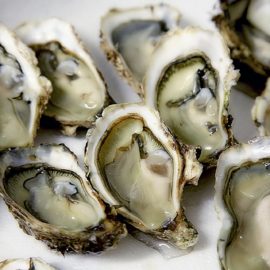
Reading a fictional book involving Alan Turing who might be said is the father of artificial intelligence as he could see a machine thinking like a brain, I found this interesting and made me think it is possible.
Using artificial intelligence and machine learning, LSU professor Hartmut Kaiser is joining up with a team of scientists to help communities near the coast better prepare for flooding. Kaiser, an adjunct professor in the Division of Computer Science, is working with scientists from three other universities on a project titled ‘MuSiKAL’ that will help predict coastal flooding with better accuracy. Kaiser said the Gulf of Mexico is ideal for research on protecting coastal watershed parishes and counties. More than half the U.S. population lives in those areas, and they generate about 58 percent of the country’s gross domestic product, he said. “The Gulf of Mexico coast along Texas, Louisiana, and Mississippi is home to important U.S. energy hubs but is also home to socially vulnerable populations,” Kaiser said in a statement. “This proposed effort contributes to bringing science and knowledge discovery toward minimizing flood damage exposure and improving socioeconomic stability in the region.”
theadvocate.com
MuSiKAL, what is this and how does it work?
MuSiKAL, which stands for Multiphysics Simulations and Knowledge discovery through AI/ML, is one of three projects funded by the Department of Energy’s Office of Advanced Scientific Computing Research. Each of the projects will be receiving $15.1 million over three years from the Department of Energy. “Collaborations between scientific disciplines like those created through this program pave the way for the future of scientific discovery by combining diverse knowledge, skills and tools in new ways to approach a variety of critical problems,” DOE Associate Director of Science for Advanced Scientific Computing Research Barbara Helland said in a statement. “These projects can revolutionize the scientific productivity of our facilities while working towards solving some of America’s big problems.”
Besides LSU, who else is involved?
Kaiser is collaborating with scientists Clint Dawson from the University of Texas, Austin, Joannes Westerink from the University of Notre Dame and Ruby Leung of the Lawrence Berkeley National Laboratory. The team will couple the DOE’s Earth physics model with a model measuring coastal circulation to develop more specified ways to predict flood behavior and solidify plans to mitigate damage. “The well-being of all Americans depends on the environmental integrity and sustainable productivity of the ocean, our coasts and coastal watersheds,” Kaiser said.
AI is being used in many ways and if this can help us, it will be a useful study.


